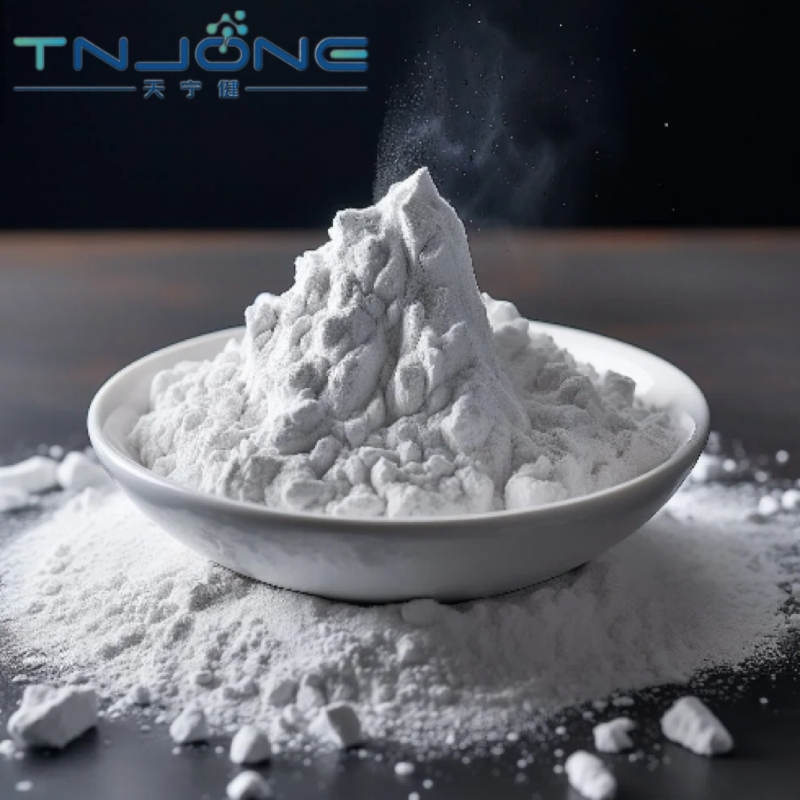-
Categories
-
Pharmaceutical Intermediates
-
Active Pharmaceutical Ingredients
-
Food Additives
- Industrial Coatings
- Agrochemicals
- Dyes and Pigments
- Surfactant
- Flavors and Fragrances
- Chemical Reagents
- Catalyst and Auxiliary
- Natural Products
- Inorganic Chemistry
-
Organic Chemistry
-
Biochemical Engineering
- Analytical Chemistry
-
Cosmetic Ingredient
- Water Treatment Chemical
-
Pharmaceutical Intermediates
Promotion
ECHEMI Mall
Wholesale
Weekly Price
Exhibition
News
-
Trade Service
Methyl 5-formyl-2-methoxybenzoate, commonly abbreviated as MFMB, is a chemical compound that is used in a variety of applications in the chemical industry.
It is known for its antimicrobial properties and is often used as a preservative in personal care products and cosmetics.
However, the use of MFMB has raised concerns about its safety, particularly in regards to its potential toxicity and possible health risks.
One of the main concerns about the safety of MFMB is its potential toxicity.
Studies have shown that high doses of MFMB can be harmful to the liver and kidneys, and can cause damage to these organs over time.
Additionally, MFMB has been shown to cause skin irritation and allergic reactions in some individuals, particularly those with sensitive skin.
Another concern is the potential for MFMB to cause long-term health effects, such as cancer.
While there is limited research on the long-term effects of MFMB, some studies have suggested a potential link between its use and the development of certain types of cancer, such as leukemia.
However, more research is needed to confirm these findings and determine the potential risks associated with the use of MFMB.
In addition to the potential health risks associated with the use of MFMB, there are also concerns about its environmental impact.
MFMB is classified as a persistent organic pollutant (POP) by the United Nations, meaning that it is resistant to degradation and can persist in the environment for long periods of time.
As a result, there are concerns about its potential to accumulate in ecosystems and cause harm to wildlife.
To address these concerns, there have been efforts to develop alternative preservatives for personal care products and cosmetics that are safer and more environmentally friendly than MFMB.
Some of these alternatives include natural preservatives, such as essential oils and herbal extracts, as well as synthetic preservatives that are less toxic and persistent in the environment.
In conclusion, while MFMB is a useful chemical compound with anti-microbial properties, there are concerns about its safety, particularly in regards to its potential toxicity, long-term health effects, and environmental impact.
Further research is needed to better understand these risks and to develop safer and more sustainable alternatives to MFMB for use in the chemical industry.







